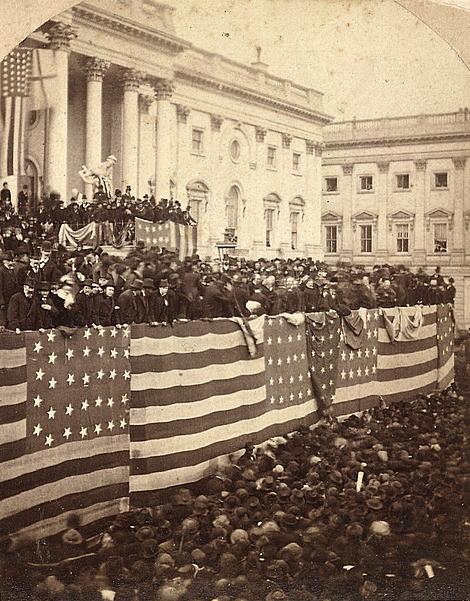1.15.21 Inaugural Bawls
You wanna whine about election results? Okay then…
Imagine you’re Andrew Jackson in 1824. You absolutely crush your closest rival John Quincy Adams by 15% in the popular vote, and by 8% in the electoral college. But back then, there were four candidates to choose from, so you didn’t get enough electoral votes to win outright. The list of candidates was winnowed to three, and the vote went to the House of Representatives to make their choices state-by-state. With the help of Henry Clay pushing his home state of KY away from Jackson, Adams managed to win the absolute minimum of 13 of the 24 states. And won the Presidency, having captured only 31% of the popular vote.
In 1876, New York Governor Sam Tilden whipped Rutherford B. Hayes by 3% of the vote, but due to suspicious counts in three states, he came up one electoral vote shy of the 185 needed to win. This time the election went over to the whole Congress, which was a Democratic House and a Republican Senate. Together they created a commission of five Representatives, five Senators and five Supreme Court Justices. And, in one the most notorious back-alley monstrosities in our history, the commission gave all three suspect states to Hayes, as long as he agreed to end Reconstruction in the south. Having been given the vote just a decade early, African-Americans were condemned to another century of horrors.
Compared to those scenarios, close-call elections are merely that, close calls. Gore beat Bush by 0.5% of the popular vote, but lost Florida and the election thanks to a Supreme Court split decision. Kennedy beat Nixon by only 0.2% of the popular vote and won fewer states, but that gave him a solid 303-219 win among electors.
But here’s one that really stings. In 1880, James Garfield won his party’s nomination on the 36th ballot, and was saddled with a personal scandal. He faced off against Winfield Scott Hancock, a hero of Gettysburg, and who had earned the sobriquets, “Hancock the Superb” and “The Handsomest Man in America.” There was no suspect voting, no rigamarole. But when the numbers came in, Garfield won the popular vote by less than 2,000 votes nationwide, a 0.11 percent difference. It’s the closest in American history.
By comparison, the 2020 election was decided by a popular vote victory spread of 4.5%, and an Electoral College spanking of 14%. Yawn.
Finally, since I know you are wondering, the only whiners to not attend their successor’s inauguration are John Adams for Jefferson, John Quincy Adams for Jackson, Van Buren for Harrison, and Johnson for Grant.
Extra credit to Woodrow Wilson, who in 1921 was recuperating from the effects of a stroke, and rode with his successor Warren Harding over to his inauguration, though he could not stay for the whole event. Well done, sir.
